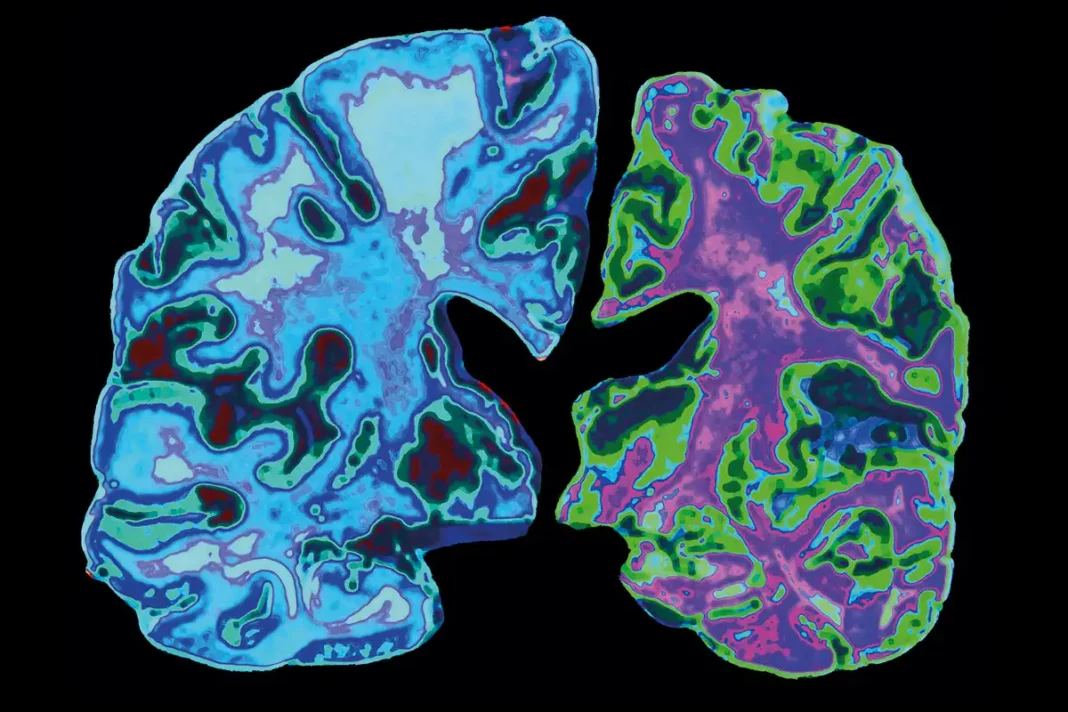Researchers from the University of Delaware College of Health Sciences and the National Institute on Aging have determined that a naturally occurring dietary supplement, nicotinamide riboside (NR), can enter the brain. This is an important discovery as it supports the idea that NR, upon reaching the brain, can alter metabolism and reduce biomarkers associated with Alzheimer’s disease. Let’s take a closer look at what this means for people looking for a way to fight back against this devastating illness.
How NR Works in The Brain It is already known that NR has strong anti-inflammatory properties, which can help reduce biomarkers associated with dementia. However, this new finding suggests that it may also be capable of entering the brain and targeting specific areas where Alzheimer’s occurs. This means that it could potentially reduce Alzheimer’s symptoms or even slow down its progression. It is unclear how exactly NR works inside the brain, but researchers are hopeful that further study will provide more insight into its potential benefits.
The Results of The Study The results of the study were encouraging; researchers found that after just one week of taking NR supplements, subjects saw significant reductions in their levels of amyloid beta and tau proteins—two biomarkers associated with Alzheimer’s disease. Additionally, they also saw improvements in their cognitive abilities such as memory recall and concentration levels. While these results are promising, more research needs to be done before we can draw any definitive conclusions about the efficacy of NR as an Alzheimer’s treatment.
Conclusion: While more research needs to be done before we can definitively say whether or not nicotinamide riboside (NR) supplements are effective at fighting against Alzheimer’s symptoms, this new discovery is certainly encouraging news for those looking for ways to fight back against this devastating illness. If further studies confirm these initial findings, then NR could become a valuable tool in fighting against Alzheimer’s and other forms of dementia in both individuals and populations at large. Regardless, this discovery provides hope for those affected by dementia and gives us reason to believe there may be light at the end of the tunnel when it comes to finding treatments for this terrible disease.











